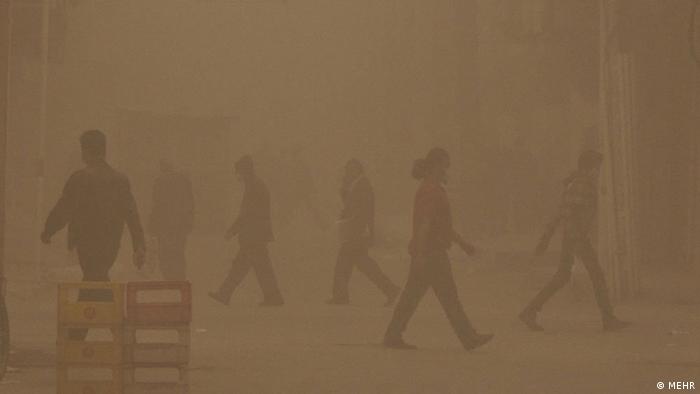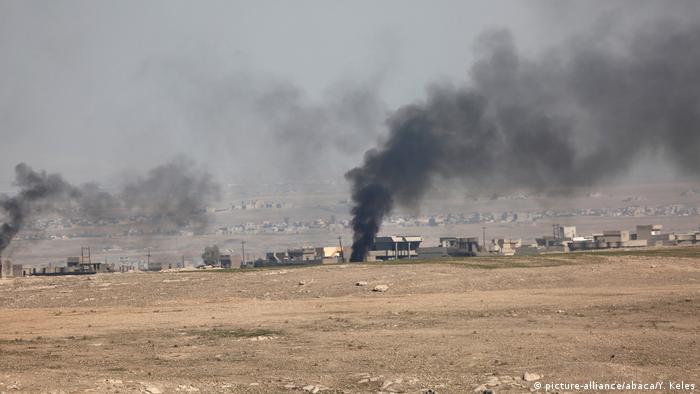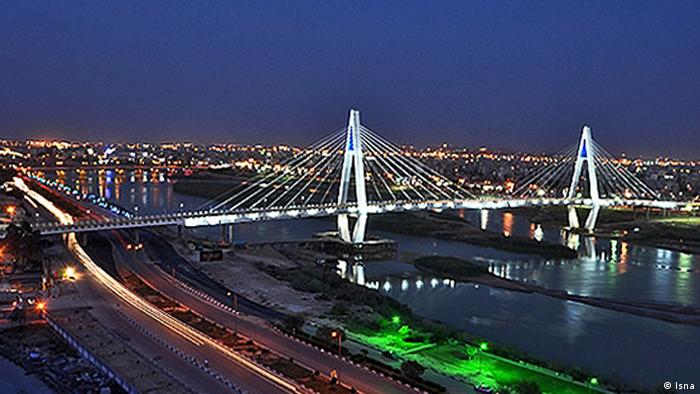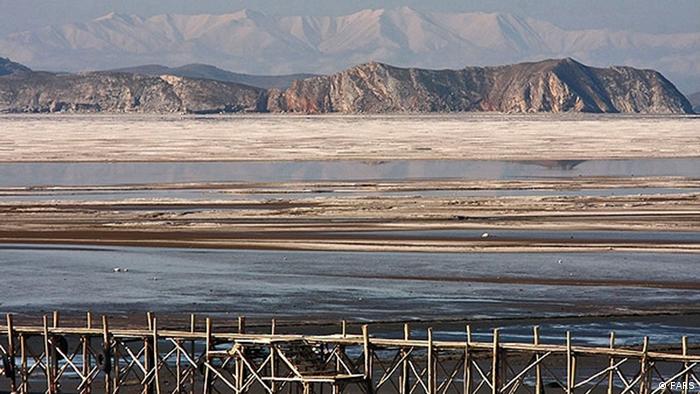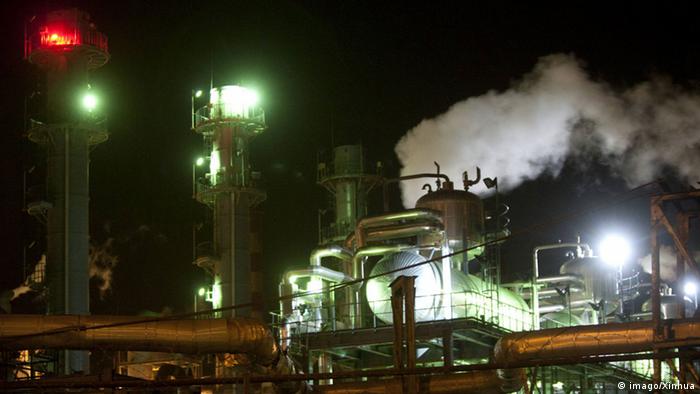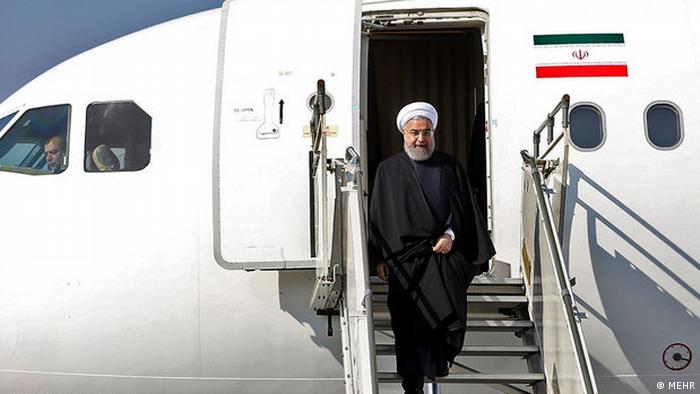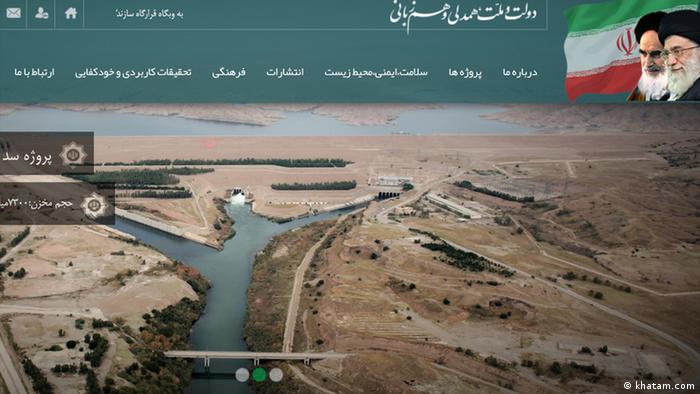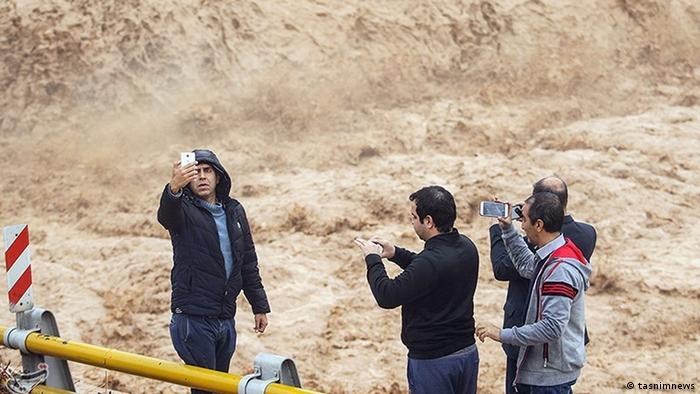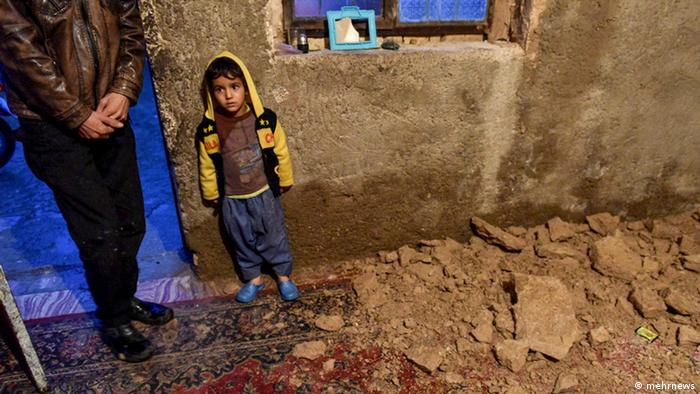For more than 560 days of eight Iranian environmental activists sit in detention; they must expect the most severe penalties. The charge: high treason and espionage. Now you are entered in the hunger strike.
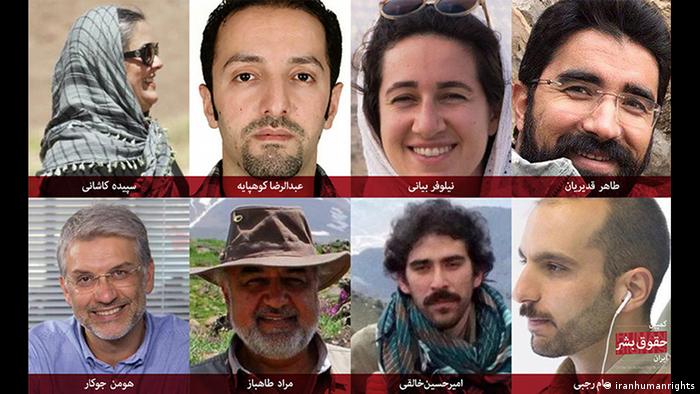
You’re waiting for your process – for more than 560 days. Eight Iranian environmental activists are accused of the charge of espionage and high treason. Two of them, niloufar Bayani, and Sepideh Kashani, are already since the beginning of August in the hunger strike, reported the Human rights organization Human Rights Watch. The members of the group were arrested by the secret service of the Iranian revolutionary guards in January 2018. Since then, they have to sit in the notorious high-security prison, Evin in the North of the capital Tehran.
According to information from Human Rights Watch and three other members of the group, Human Jokar, Amir Hossein Khaleghi and Taher Ghadiri are now on hunger strike. The Detainees demand fair trial and, above all, their release on bail.
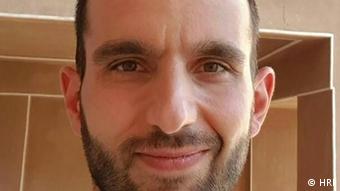
Sam Rajabi: for 560 days in custody
A highly political topic
Mysterious arrests and processes with severe consequences for those Affected are not uncommon in Iran. However, in the case of the environmental activists is particularly opaque. The fight against environmental pollution in Iran is a highly political and at the same time sensitive subject. Iran suffers from huge shortage of water. The destruction of nature and forests and, above all, the water reservoirs from industry interests have left their mark. Many businesses that do not care about sustainability, the involvement of the revolutionary guards or other state institutions financially.
“The biggest concern for us is that we know nothing about the process,” said Katayoun Radjabi, the sister of the imprisoned activists Sam Radjabi, in the DW-Interview. “My brother was 25. January 2018 with a further eight nature protection activists in Iran arrested and has since been held illegally in pretrial detention. The charge is one of espionage and cooperation with hostile States.” With countries such as Israel and the US to cooperate, is one of the most serious crimes in the Mullah state.
An unexplained death
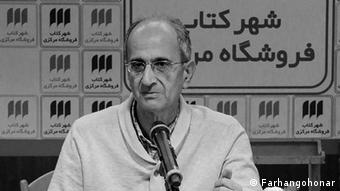
Dead in the cell found: Kavous Seyed Emami
In January of 2018, arrested the well-known environmentalist Kavous Seyed Emami, founder and chief of the Persian Wildlife Heritage Foundation (PWHF) was. He was found a month after the arrest found dead in his cell. According to information from the authorities, he should have taken the life of, a claim that has not been investigated yet been proven – especially because this “suicide” happened in a prison in which the prisoners around the clock are observed.
The operations behind prison walls are completely cleared, as well as the process guide. So far, the activists were released a few times in non-public meetings before the court. “In October of 2018, our lawyer, Mohammad Hossein Aghasi got the opportunity to represent my brother in front of the investigating judge,” said Katayoun Radjabi, who lives in Germany. “The charge of espionage can be punished in Iran with the death penalty, was dropped. However, he was accused of collaboration with the nature conservation authority in the United States seven years ago, and the threats to internal security.”
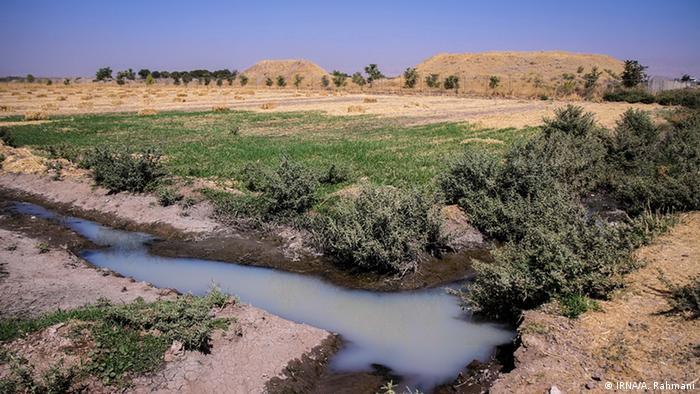
Hot topic: water pollution in Iran
Meanwhile, attorney Aghasi not allowed to defend the accused. As the indictment was read at the end of January in 2019, officially informed the judge Sam Radjabi, that the participation of the defender is undesirable. A reason was not called.
Not a fair process
“In Iran, a Criminal is made within the shortest period of time of the process. Environmental activists, however, for more than 18 months in custody, although the government have made Rouhani and the head of Iran’s environmental protection authority, that the Espionage charges against the environmentalists are wrong,” says Dr. Adolkarim Lahiji, a lawyer and President of the International Federation for human rights, followed the case.
Also, the National security Council of the country, and several members have noted that there is no evidence for the spying allegations against the environment had a protector. In the DW-Interview with Abdolkarim Lahiji says that this is the case, “adversity from the beginning, full of right” and “far” from a fair process.
In the past few weeks, more than 100 academics in Iran have demanded in an Open letter to justice Minister, Ebrahim Raisi, who is a Hardliner known, the release of the environmental activists. 90 environmental initiatives in Iran are calling for a fair trial and the right to a lawyer for the detained activists. The authorities have not yet responded. According to Human Rights Watch, the families of the Detainees were under pressure, not to mention the operations.


